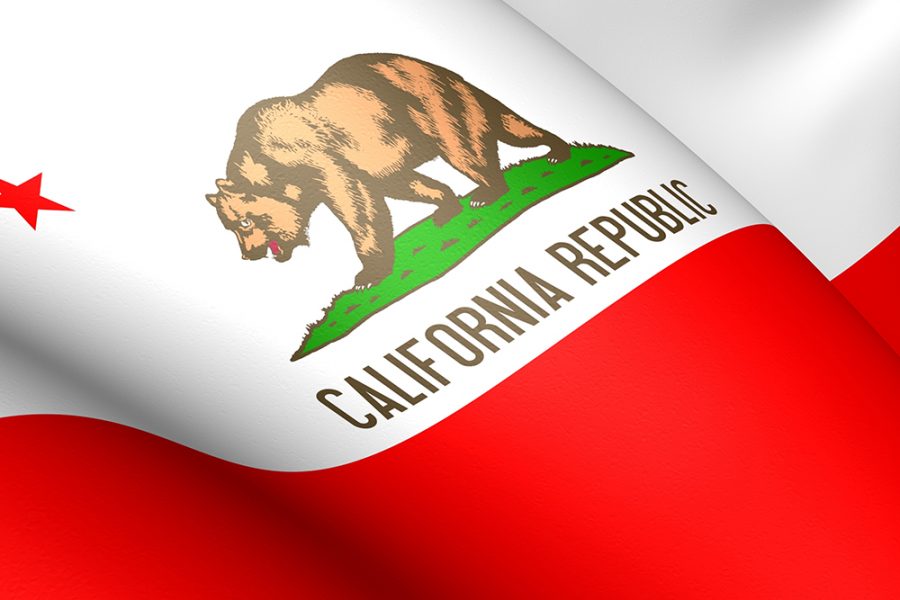When author and journalist Tom Wolfe coined the term “statusphere” – in which participants compete for prestige within a groupthink bubble – he didn’t have the California Legislature of the 21st century in mind.
But he could have.
In California, it’s routine for lawmakers to pass bills that have little practical effect but are magnificent opportunities for lawmakers to preen before approving Blue State legislators elsewhere, and a media eager to hype the latest progressive scheme concocted in the Golden State. A flaming hot example is a bill requiring companies to report their greenhouse gas emissions, a policy that is of zero use but adds another “California burden” to the business community.
This first-in-the-nation bill, the Climate Corporate Data Accountability Act (Senate Bill 253), breezed through both chambers and Gov. Gavin Newsom says he’ll sign it into law. Right from the start, the language sets up the state as the undisputed guardian of a world in danger of overheating. In the first line, we learn that “California has demonstrated its leadership in the battle against climate change and the climate actions of the state have inspired and contributed to bold actions in other states and across the globe.”
It’s in reality a “mission statement” that reveals much. It would be more fitting to call the legislation a “show bill,” or a simple proclamation in which lawmakers make political speeches.
While progressives in the rest of the country swoon over this state’s green ambitions, companies need to be prepared for adverse consequences. PRI senior fellow Wayne Winegarden unhesitatingly says SB 253 will “worsen the state’s business climate,” already a slog of trench warfare in which lawmakers are the aggressors.
Under the law, companies will have to provide detailed carbon accounting reports, says Winegarden, which “will be costly.”
Complying with the legislation will require companies to devote additional financial resources, which will add to their costs. Like any cost increase, California consumers will bear these costs, in whole or part. Therefore, the mandates will add to the affordability problems that too many California families are already struggling to overcome.
That should be alarming enough, but Winegarden warns the costs “will increase over time.” This will happen as “fundamental business considerations such as choosing the supplier that produces the right inputs, at the right price, that meet the necessary delivery schedule, will receive less emphasis.” As the supply chain kinks, corporate costs will rise, and consumers will be gouged not by exploitative businesses but by public policy.
Winegarden is also concerned innovation will be curbed as companies redirect their resources and have less available for the development of emissions-reducing technologies such as “next generation nuclear plants” and “enhanced battery storage.”
Not only is California requiring large companies to report their GHG emissions, a companion bill mandates they also “report on their climate-related financial risk.” Senate Bill 261, also passed in September and soon-to-be signed into law by Newsom, obligates every “covered entity” to prepare biennially a “report disclosing its climate-related financial risk,” as well as “its measures adopted to reduce and adapt to the disclosed climate-related financial risk.”
Keith Paul Bishop, a former California state regulator of securities and financial institutions writing in The National Law Review says the bill fails to “define what constitutes doing business” in the state. And since it “does not directly regulate goods or services sold or purchased in California,” he wonders “what is California’s interest in imposing disclosure obligations on companies that may have minimal contacts with the state?”
Could not the same be asked about SB 253, as the definition of “covered entity” in SB 261 is virtually identical to the definition of “reporting entity” in the former? If SB 261 cannot “survive a challenge under the dormant commerce clause,” as Bishop suggests, it’s reasonable to believe that both could be hung up in legal challenges.
It seems Sacramento’s rush to impress might have glossed over some details. Again.
Kerry Jackson is a fellow with the Center for California Reform at the Pacific Research Institute.


